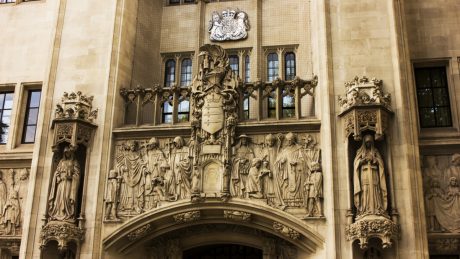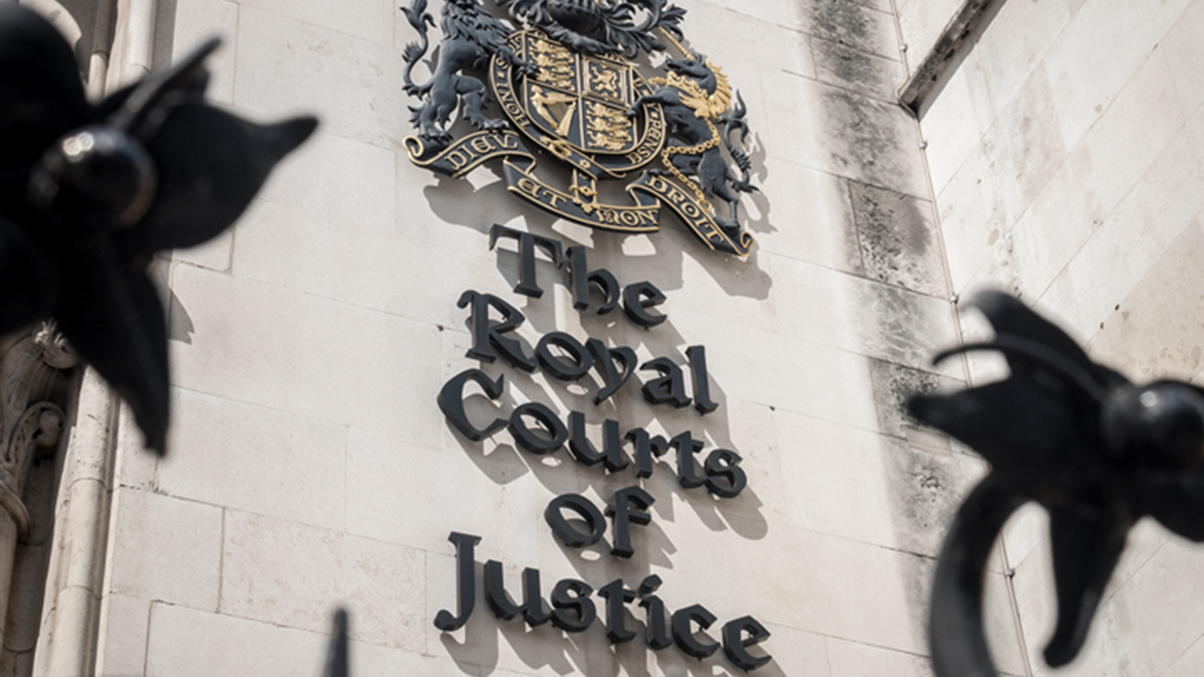The UK Supreme Court has handed down its much-anticipated judgment in Serafin v Malkiewicz. The judgment is important in two respects. First, it clarifies when a defamatory statement is defensible because it was published in the public interest. Secondly, the justices agreed with the Court of Appeal that the trial judge had “harassed and intimidated” the claimant, so the case should be sent for a retrial. Such criticism of a judge is highly unusual.
Mr Serafin was a Polish builder who had been an active member of the Polish Social and Cultural Association for many years, sitting on the charity’s general council for 15 years. He had also started a food business, called Polfood, in 2008. Three years later, a bankruptcy order and finding of misconduct were made against him in respect of that business. Following the order, Serafin became the handyman for Kolbe House, a charitable care home for elderly Polish people, to which Polfood had previously supplied food.
The libel claim relates to an article published in October 2015 in Nowy Czas, a newspaper for the Polish community in the UK. The article alleged that Mr Serafin was dishonest and fraudulent, he had become involved with charitable institutions for his own gain, and he behaved questionably in his conduct with women. Mr Serafin brought an action against the co-publishers of the magazine, as well as the magazine’s editor, Mr Malkiewicz.
Mr Justice Jay dismissed the claim in November 2017. He agreed that the defendants could rely on section 4 of the Defamation Act 2013 by way of defence, as they reasonably believed that publishing the defamatory statements was in the public interest, despite not having put the allegations to the claimant prior to publication. The judge added that, even if the defence had not been made out, he would not have awarded damages to Mr Serafin (who by then was representing himself), as his reputation had been “shot to pieces” by other statements in the article which had been shown to be substantially true.
The Court of Appeal allowed the claimant’s appeal in May 2019, rejecting the public interest defence. Highly unusually, the court also made extensive critical comment about Mr Justice Jay’s interventions as being apparently biased and thus rendering the trial unfair. The court did not order a retrial but remitted the task of quantifying the claimant’s damages to a judge of the Media and Communications List other than Mr Justice Jay.
The defendants appealed. On 3 June 2020, the Supreme Court held that the Court of Appeal was wrong to state that the (pre-Defamation Act, common law) Reynolds defence and the section 4 defence were not materially different. It was also inappropriate for the Court of Appeal to regard the Reynolds factors for responsible journalism as a “checklist” in the context of section 4. The 2013 Act should take precedence over previous judicial decisions.
On the issue of bias, the Supreme Court agreed with the Court of Appeal. It reviewed the full transcripts of the oral evidence given and concluded that the judge had “harassed and intimidated” the litigant-in-person, rendering the trial unfair:
“[…] when one considers the barrage of hostility towards the claimant’s case, and towards the claimant himself acting in person, fired by the judge in immoderate, ill-tempered and at times offensive language at many different points during the long hearing, one is driven, with profound regret, to uphold the Court of Appeal’s conclusion that he did not allow the claim to be properly presented; that therefore he could not fairly appraise it; and, that, in short, the trial was unfair.”
This judgment is significant on both points. The Supreme Court has endorsed a less restrictive public interest defence than the Court of Appeal, which will be seen as a positive by publishers. The Supreme Court’s assessment of bias, which was almost as stinging as that of the Court of Appeal, will be a blow to the trial judge, a man whose public profile was created by the Leveson Inquiry. However, it is a stark reminder that administrative law principles apply to the judiciary as much as to governmental bodies, and that justice must not only be done, but be seen to be done, particularly when a litigant-in-person is before the court.
You can find further information regarding our expertise, experience and team on our Media Disputes page.
If you require assistance from our team, please contact us or alternatively request a call back from one of our lawyers by submitting this form.
Subscribe – In order to receive our news straight to your inbox, subscribe here. Our newsletters are sent no more than once a month.





